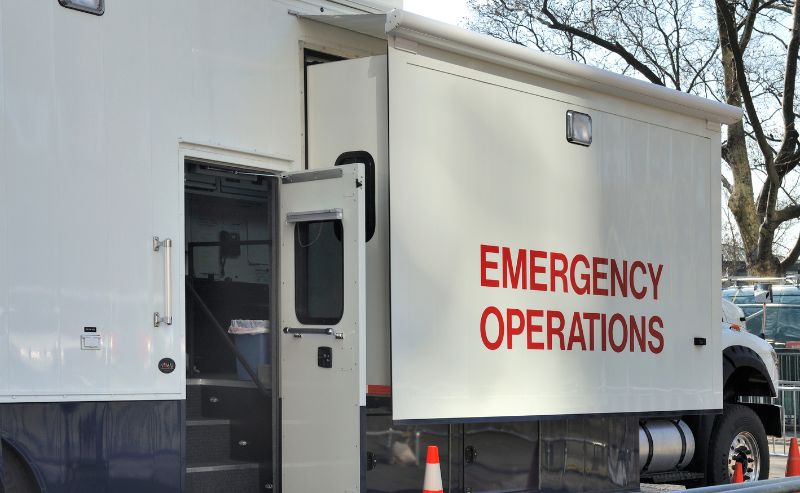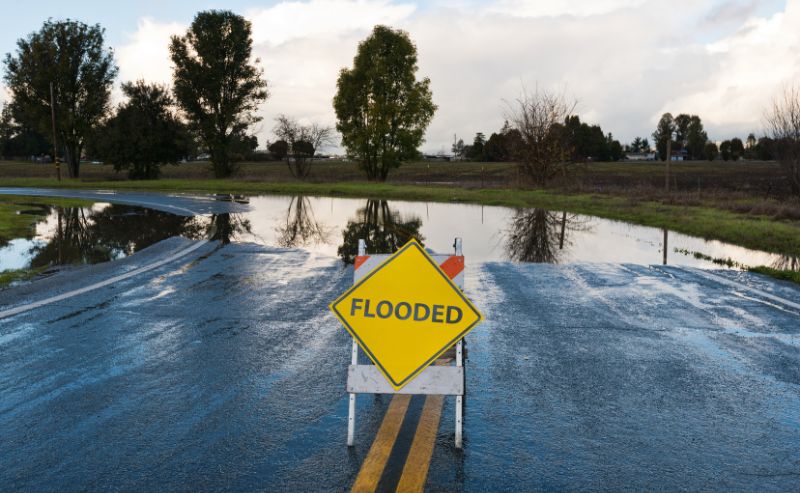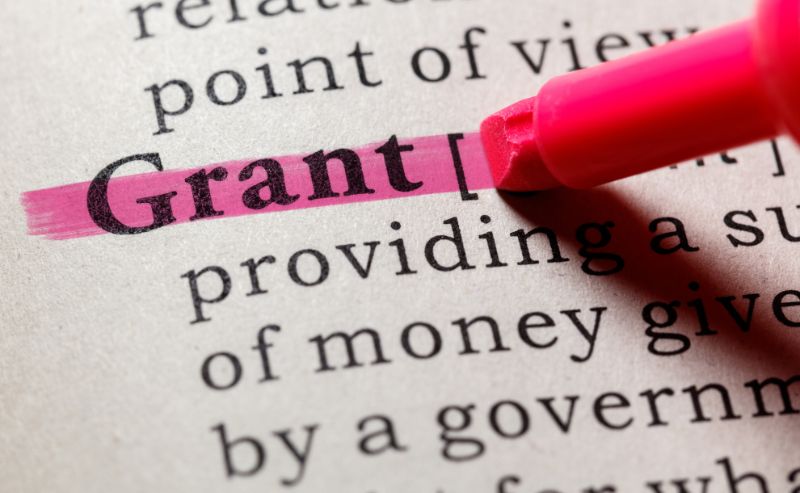Emergency planners know that having an Emergency Operations Plan (EOP) and/or a Continuity of Operations/Government Plan (COOP/COG) just makes good business sense. So does keeping such plans up to date and actionable at all times. Unfortunately, most find the practice challenging, if not near impossible, for a number of reasons. Aside from the obvious—time and resources—is the lack of funds to conduct plan workshops and exercises.
That’s why today’s emergency planners must do more than just plan ahead for potential disruptions. They must budget ahead to financially support the initiatives that will ultimately sustain their organization’s plan(s).
Here are a few simple but helpful tips for getting those precious dollars and putting them to good use.
- Emphasize (and re-emphasize) the need for emergency preparedness. Remind everyone of the plans’ importance every chance you get. Let them know what the plan(s) ultimately mean to them, the organization, and the people it serves. Over time, they will better understand the value, and most likely be more willing to invest in ongoing improvements.
- Plan for more. Always plan for a bit more than the minimum required to conduct plan workshops and exercises. Budgets may not be approved at 100% of the requested value, so anticipate a reduced amount that will still be sufficient for you to manage an effective program.
- Be specific. Depending on your organization, you (as an emergency planner) may have the authority to develop and manage your own planning budget. If not, you may simply be the one to voice the costs to those who ultimately approve the expense. Either way, it’s important to be as specific as possible about the types of activities you want to do and all you hope to accomplish. It’s also good to mix the preparedness program up ever so often to keep things fresh and plan participants engaged. Consider quarterly (or semi-annual) workshops one year; and maybe two workshops and one tabletop exercise the next. You might even want to conduct a full-scale exercise at some point, i.e., if the budget allows. Regardless of the frequency or format you choose, there is no doubt your organization will benefit from the experience(s).
- Set the dates. Commit by choosing specific dates and times, and adding them to your calendar. You’ll be far more likely to follow through with the scheduled activities, plus give yourself ample time to prepare. Also, let others, i.e., workshop and exercise participants, know well in advance so they can adjust their schedules and take part in the activities.
- Prove the value. After you complete the workshops and exercises, let organizational leaders know all that was accomplished so you can show the Return on Investment (ROI). Share attendee comments, ratings and After Action Reports, including areas for improvement. Knowing enhancements are needed will help develop the budget to strengthen the plans, policies and procedures, as well as core capabilities for a stronger culture of preparedness.
Keeping your organization’s EOP, COOP/ COG current is essential to emergency preparedness. Don’t let the lack of time, resources and especially money hold you back. Include workshops and exercises as a line item in your next budget request, and continue doing so year after year. You have nothing to lose, and your organization has everything to gain.






